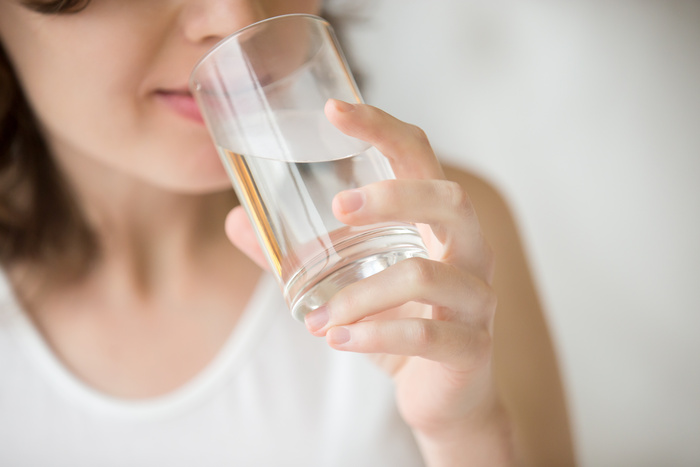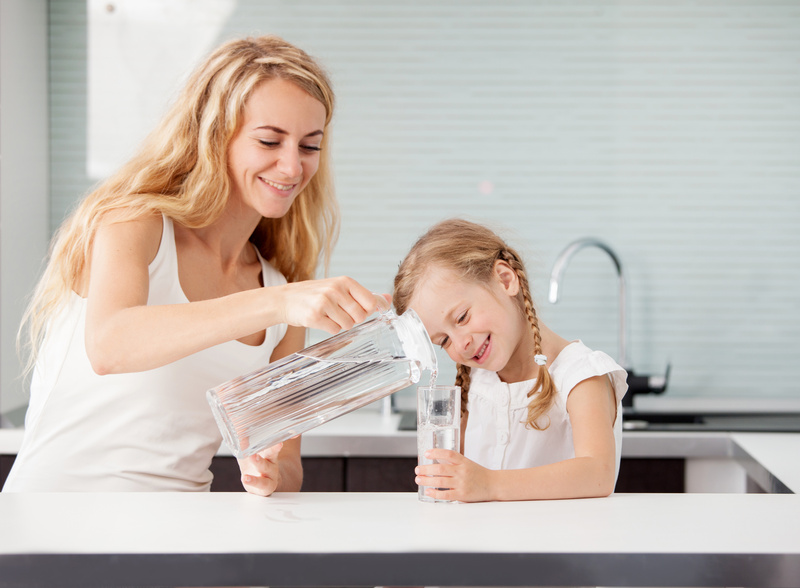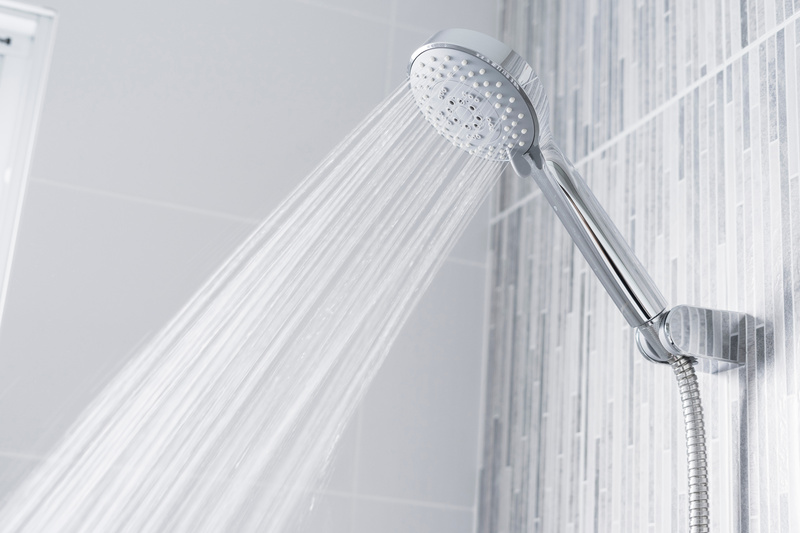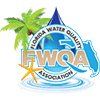An unknown danger to many people is in the water they are drinking, and the long-term effects on their health. A survey from the National Science Foundation found that 71% of people drink tap water and 55% say they don’t know what is in the water or the hazards to them from drinking it.
42% of these respondents are not doing anything to address these concerns such as using a water filter. These figures are staggering and show why you should be concerned about drinking hard water. Avoiding these dangers requires knowing the most common misconceptions on a water filter. Understanding the facts helps you to make a decision that protects you and your family in the future.
The Public Water Supply is Safe
Many people believe that drinking from the public water supply is safe and will not lead to adverse health effects. The US has a vast hard water system that encompasses 155,683 municipalities, towns, and counties.
Our waters are safer than many places globally, and there is a focus on using Chlorine to remove all germs and contaminates. The problem is that these supplies are becoming under-funded, and they are slipping in quality.
Sometimes, the public water supplies don’t take out things such as iron and cannot pass federal safety standards. A study by the National Resource Defense Council (NRDC) found that 32% of these systems do not pass the national safety requirements and are of poor quality.
The result is the drinking water suffers, and you are exposed to consuming it.
A water filter takes out those elements ignored by the public system, and it makes your water safer to drink. It removes lead, pesticides, organic compounds, bacteria, pharmaceuticals, and fluoride compounds.
A filter goes beyond what is provided by the public water systems. It makes the water taste better, and you have a secondary line of defense for things missed by the public system.
Bottled Water is Safer
Another misconception about a water filter is that bottled options are a better choice from the complex purification systems they use. A second study by the NRDC found that bottled water is not safer than filtered. They sampled 1,000 brands of it and determined that 25% were no more than local tap water.
60% showed no higher degrees of safety than local water systems and were sometimes more contaminated.
A filter offers levels of protection you can’t find in bottled water; as you change it periodically. It is shown to take out the contaminants, helps it to taste better, and is clearer.
Bottled water also costs more money than changing the filter every six months.
The Filters are Hard to Change
A water filter is not hard to change, and you can do so on your own by reading the instructions. It gives you maintenance tips, tells you how to change it, and when it is necessary. Typically, this is two to three times a year by unscrewing the top and inserting a new one in its place. There is no need to call in a professional, and you know when the filter is not as effective.
The Filter Softens Hard Water
A filter will not soften hard water; it cleans out the contaminants to make the water taste better and looks clearer. The softening of the water requires using salt and osmosis to change the acidity of it. The filter does not alter the biological structure but it is a way of cleaning the water and making it safe for you to drink.
Give Us A Call Today!
There are many misconceptions about a water filter, and knowing them helps you see the benefits it provides. Call Coastal Energy and Water today at 954-333-3336 to see how we can help you find the right one. We are an A+ rated company with the Better Business Bureau for customer satisfaction. Since 1966, they have been helping South Florida to drink safe and quality water through its RainSoft product lines.










